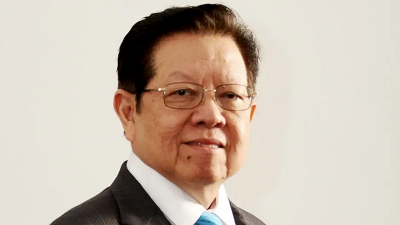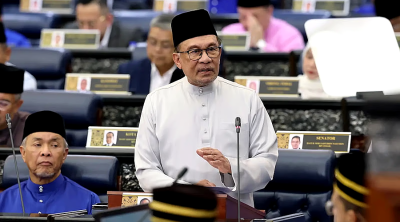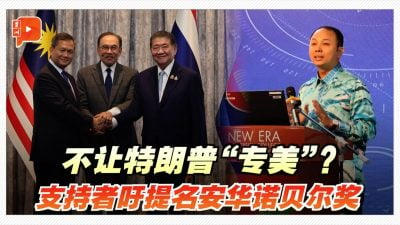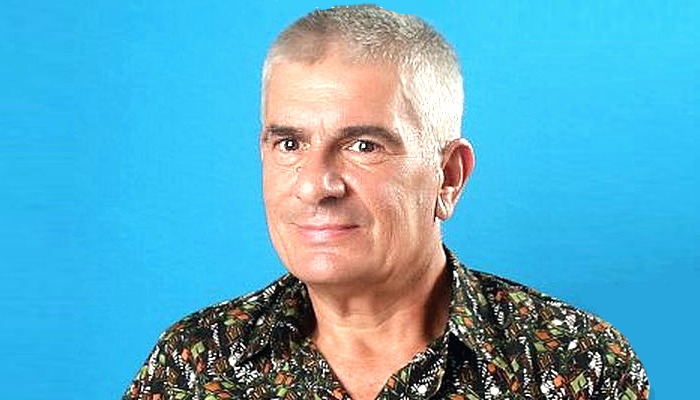
Former prime minister Mahathir Mohamed’s surprise sacking of his deputy Anwar Ibrahim was a watershed moment for Malaysian politics.
This plunged Anwar on a 25-year journey, beginning with his brutal arrest on September 20, 1998, and just recently being sworn in as Malaysia’s 10th prime minister on November 25, 2022, with still more to come in his career.
Anwar has done more to change the structure of Malaysian politics than any other person. He became personified during the Free Anwar campaign, and later Reformasi movement, becoming the symbol of political reform in Malaysia.
He served two prison terms on politicized charges of sodomy and corruption, and was betrayed a second time by Mahathir when he resigned as prime minister in February 2020, allowing the Pakatan Harapan government to fall rather than handing over office to Anwar, dubbed the “prime minister in waiting.”
Anwar faced many personal and political setbacks which would have deterred many others.
With Anwar just completing his first 90 days in office as prime minister, we are able to gain some good insights into his personality.
Key psychological traits of Anwar
One of Anwar’s key traits is his self-perception of grandeur. On the hustings, Anwar has built up a reputation of being one of the greatest speakers of Malaysian politics. He has a deeply loyal following of those who see him doing no wrong.
With Anwar becoming the 10th prime minister, there are very high expectations upon him. Some see Anwar as a messiah who will solve the nation’s problems. This is probably best described as the Obama effect.
Anwar received a 68 percent popularity rating in a recent Merdeka Center poll, although there is a lot of back-chatters expressing disappointment with his performance.
Anwar’s rhetoric has not matched his physical presence, with a deep sense that Anwar will not make any bold moves during his tenure as prime minister. His recent budget attests to that.
Since becoming prime minister, Anwar has gone out of his way to meet with regional leaders and those of the Islamic world.
His public phone call with Turkish president Recap Tayyip Erdogan on the rostrum during his first press conference as prime minister comes to memory.
In smaller private gatherings, Anwar has been known to compare himself with Mandela, Nik Aziz, and even Ho Chi Minh.
Anwar’s first walkabout in his own electorate of Tambun, shows the awkward reality.
A look at Anwar’s relationships over the years indicates some difficulty in holding down trusted friendships.
Anwar has often had public falling outs with some of his closest confidants. He surrounded himself with some of his long co-activists such as Tian Chua, Sivarasa A/L Raiah, and Farharsh Wafa Salvador.
At one time he was close to businessman John Soh Chee Wen, who has just been jailed in the Singapore penny stock crash of 2013, and more recently to another businessman Koo Tee Yam.
Many of his old comrades today have lost either access to him, or no longer have any influence.
The appointment of his daughter for a short time as his economic advisor indicates that Nurul Izzah has a lot of influence over her father’s thinking.
Today, Anwar is kept in a closely knit cocoon of advisors, similar to US President Biden in the White House.
Anwar’s whole cabinet was no doubt selected from the point of view of who will be the most loyal to him, and trustworthy to his cause.
For example, the current minister of health Zaliha Mustafa was most probably selected because she served his wife Wan Azizah as political secretary for a long period of time and can be totally trusted.
Some insecurity and history of personal betrayals has greatly enhanced Anwar’s deep sense of Machiavellian instincts.
Anwar tends to see the end game as most important, and has little empathy towards others in achieving this. This is perhaps one reason why close friends become mortal enemies over time.
Many are lauding the Malaysian Anti-Corruption Commission (MACC) for going wholeheartedly after corrupt politicians. From the Machiavellian frame, this could be seen as an all-out attack on those he sees as political enemies.
Consequently, Anwar doesn’t see administration from the view of a technocrat.
His Machiavellian slant on events sees pragmatism as a means to remain popular, and thus maintain his power. That’s why Anwar favors fuel subsidies, won’t re-establish GST and will retain the draconian Sosma Act that still allows for detention without charging.
Anwar’s policies are not based upon any set vision but what will maintain his power as leader.
Anwar’s announcement that he will take no salary as prime minister can be interpreted as a ploy to make people feel indebted to him.
Anwar’s pragmatic stance will be a barrier to any reform by his government.
Anwar is a stubborn politician, which has cost relationships and made many of his political strategies fail badly.
After the 2008 general election, Anwar announced that with the support of Sabah MPs, he would have the numbers to take over the government. This fizzled out when the Abdullah administration sent many of these MPs to Taiwan and Korea on a “study tour.”
In 2020, after the Sheraton Putsch made the Pakatan Harapan government fall, Anwar called a press conference to announce he had the numbers to form a government, whereby nothing happened.
Anwar strategized the Kajang Move in 2014 to install his wife Wan Azizah as chief minister. This was another dismal failure.
After the 2013 general election, Anwar claimed wide election fraud by phantom and foreign voters, although evidence was not presented to prove the large scale he was talking about. This is where Anwar has been labeled as “the boy who cried wolf.”
Anwar is a political risk taker, where he prefers to “crash through or crash” rather than not have a go at winning. He can play politics as a gambler.
September 20, 1998 was a watershed for Malaysian politics. The determination of Anwar got him through two jail terms and occasional times, where there was a sense of political hopelessness, when the odds were stacked against him.
Anwar’s strength is getting people together and influencing them to believe in the future.
Anwar is probably best understood by those who stand around him. He is not driven by a grand plan or financial gain, but by sudden opportunities he sees.
Anwar’s dramatization streak often leads to strategic failure due to recklessness.
He will follow his own intuition, disregarding what others may believe around him. His own political party Parti Keadilan Rakyat reflects this, where many posts are his personal appointments.
The pragmatism, or sometimes criticized shallowness of his policies are covered by his ability as a charismatic orator.
On the psychological spectrum, Anwar could be labeled within the narcissistic category.
This is a common trait among may political leaders. Narcissism is also a very important trait in the success of an entrepreneur in business.
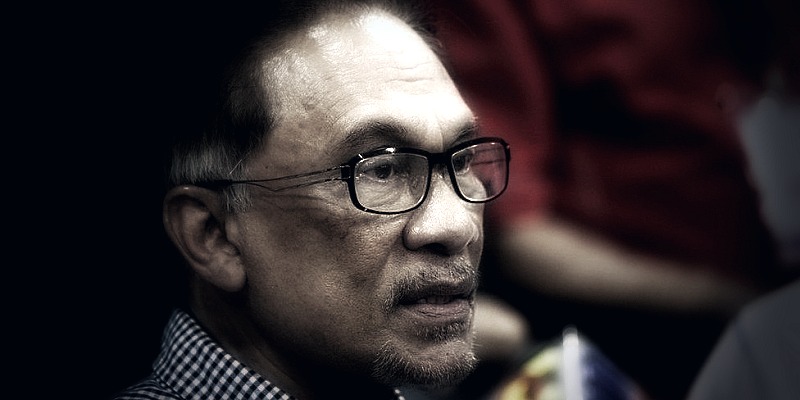
(Murray Hunter has been involved in Asia-Pacific business for the last 40 years as an entrepreneur, consultant, academic and researcher. He was an associate professor at Universiti Malaysia Perlis.)
ADVERTISEMENT
ADVERTISEMENT







